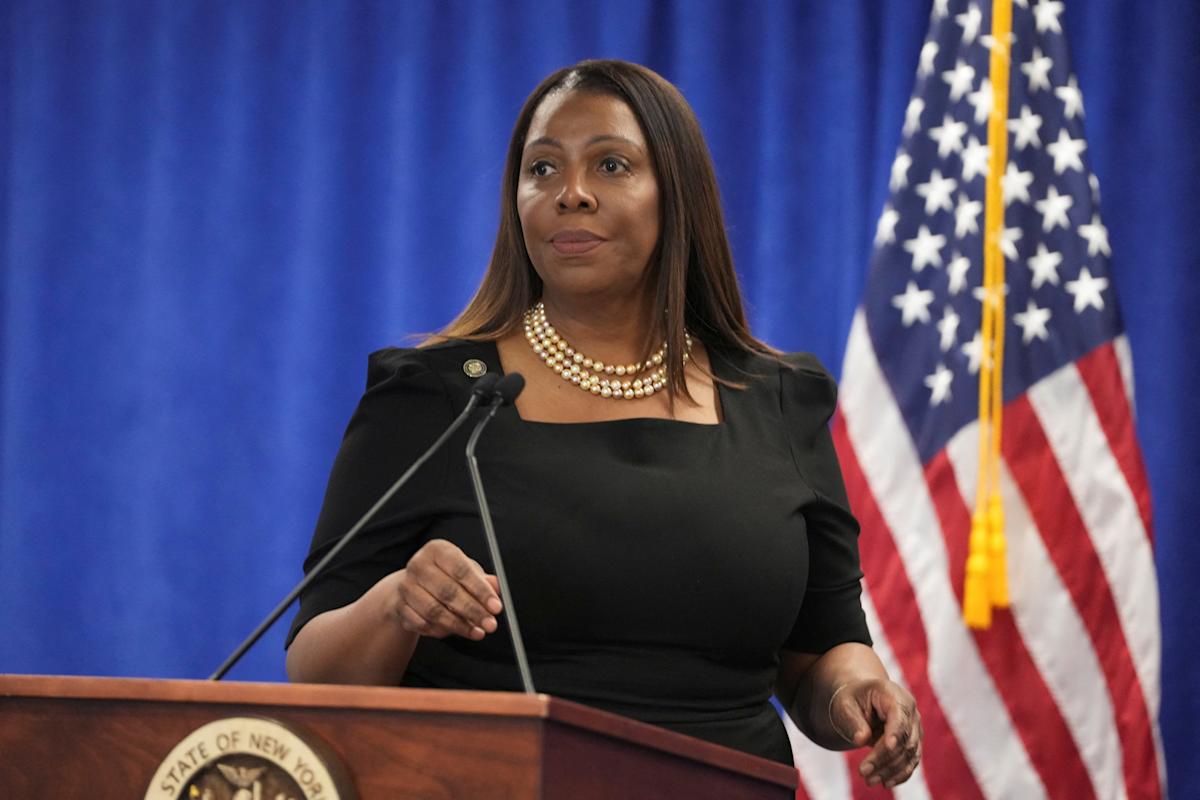New York Unveils Age‑Verification Rules Under SAFE for Kids Act

Key Points
- Governor Kathy Hochul signed the SAFE for Kids Act and the New York Child Data Protection Act in June 2024.
- Attorney General Letitia James outlined age‑verification requirements for online platforms.
- Platforms must verify user ages before delivering algorithmic feeds or nighttime notifications.
- Verification methods must be effective, protect data, and cannot rely on government‑issued IDs.
- Minors must obtain parental permission for curated feeds; consent can be revoked by either party.
- Public comment is open until December 1, with final rules due within a year of that date.
- The rule aims to address youth mental health concerns while preserving overall access to online services.
New York has moved to protect minors online by detailing rules for the Stop Addictive Feeds Exploitation (SAFE) for Kids Act. Governor Kathy Hochul signed the legislation, and Attorney General Letitia James announced that platforms must verify users' ages before delivering algorithmic feeds or nighttime notifications. The state will allow platforms to choose verification methods that are effective and protect data, but will prohibit reliance on government‑issued IDs. A parental‑consent component requires minors to seek permission for curated feeds, with both minors and parents able to revoke consent at any time. Public comment is open until December 1, and the rules must be finalized within a year.
Background
Last year, New York joined a wave of states passing legislation aimed at protecting minors using the Internet, particularly social media. Governor Kathy Hochul signed the Stop Addictive Feeds Exploitation (SAFE) for Kids Act and the New York Child Data Protection Act in June 2024. Today, Attorney General Letitia James released more specifics about how the SAFE for Kids Act will be implemented.
Key Provisions
The proposed rule will require online platforms to confirm the ages of users before showing them algorithmically‑curated feeds or sending them notifications at night. Platforms may choose any verification method, provided it is shown to be effective and protects users’ data. New York will also require an age‑confirmation method that does not rely on a government‑issued ID.
A parental‑consent component is built into the law. Minors must request a social media network to seek parental permission for accessing algorithmic feeds or receiving nighttime notifications. If parental consent is not granted, the platforms may not block minors from generally accessing their service or content. Both the minor and their parent may revoke consent at any time.
Public Comment Process
The Attorney General’s office opened a public comment period that will remain open until December 1. The final rules must be completed within a year from that date, giving stakeholders time to provide input and for the state to refine the approach.
Impact on Platforms and Users
By allowing platforms to select verification methods, the rule aims to balance effectiveness with privacy concerns. The prohibition on using government‑issued IDs reflects an effort to avoid data‑security risks. The parental‑consent requirement places additional responsibility on families while still preserving minors’ overall access to online services.
Official Perspective
Attorney General James said the proposed rules will help tackle the youth mental health crisis and make social media safer for kids and families. She encouraged parents, educators, young people, industry groups, and others to review the proposed rules and submit comments during the public comment period.